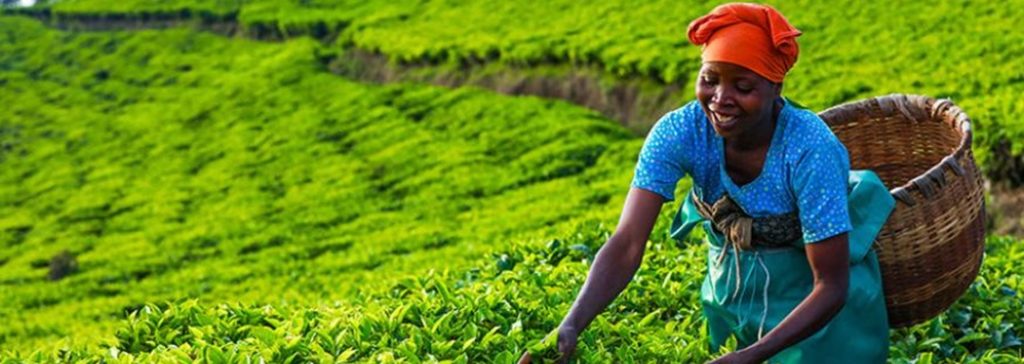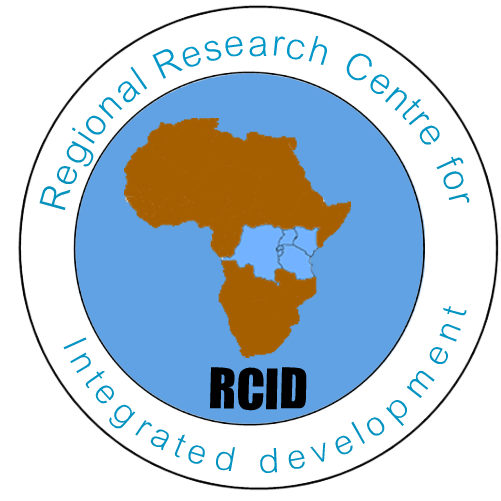
Duration: 2018-2022
RCID contact person: Philippe Rumenera (Email: prumenera@rcidcentre.com)
Sponsor: LTS international, UK, co-financed by Department for International Development (DFID)
Sponsor’s Contact person and email: Kristy Wilson, Managing Consultants (e-mail. kirsty-wilson@ltsi.co.uk)
Improving Market Systems in Agriculture for Rwanda (IMSAR) is a 4-year program that aims to increase the income of poor households operating in targeted agricultural markets through adopting a market systems approach to attract investment and stimulate inclusive growth. IMSAR is a GBP £23.5m program funded by the UK government through the Department for International Development (DFID) and implemented by Palladium International. The DFID-funded Improving Market Systems for Agriculture in Rwanda (IMSAR) aims to address the “inefficiency of market systems that prevent poor people from benefitting from agricultural opportunities”. The ultimate aim of the program (its expected impact) is to increase the incomes of poor households in targeted agricultural market systems. The initiative dubbed: “Improving Market Systems for Agriculture in Rwanda (IMSAR), known locally as Noza Isoko. The program uses a combination of market development services, technical assistance and a short to medium term grants finance facility to design and implement innovative approaches to increase incomes of the rural poor and catalyzing inclusive growth.
Role of RCID.
RCID has been subcontracted of LTS International to provide Performance Evaluation of the program as follows:
- Evaluate the adaptiveness and “application of flexibility” of the TSP and AgDevCo in implementing the program (this entails process evaluation, including ongoing reviews of the ToC);
- Evaluate the program performance through an ‘impact-oriented’ assessment of the program’s effects on inter alia the poor, cross-cutting issues (nutrition, climate change, and gender) and agricultural markets;
- Evaluate the program coherence (internal and external) by assessing and demonstrating synergies realized across and between IMSAR components, as well as with other ongoing programs and activities of other actors (where relevant);
- Together with the market systems advisor, develop an approach to assess the IMSAR log frame, including the suitability of indicators and the level of ambition of specific targets compared with other benchmarks.
Expected results: The expected results from the program are:
- The program identified market constraints such as limited access to finance and technology, limited or poor storage, or lack of access to inputs such as fertilizers and develop initiatives to address them;
- IMSAR attract and support investments that drive growth and improve poor people’s participation in these markets, resulting in real, tangible long-term benefits in partnership with government and the private sector in Rwanda;
- The fund is helping farmers to accelerate the commercialization of agriculture in Rwanda, in line with the Government’s Fourth Strategic Plan for Agriculture Transformation;
- With this new program, Rwanda farmers will be connected to markets through public and private partnership, formal and informal so that they are able and motivated to perform important market functions effectively;
Through the IMSAR initiative, improvement, efficiency, and inclusiveness of the agricultural markets that matter most too poor farmers will be realized
